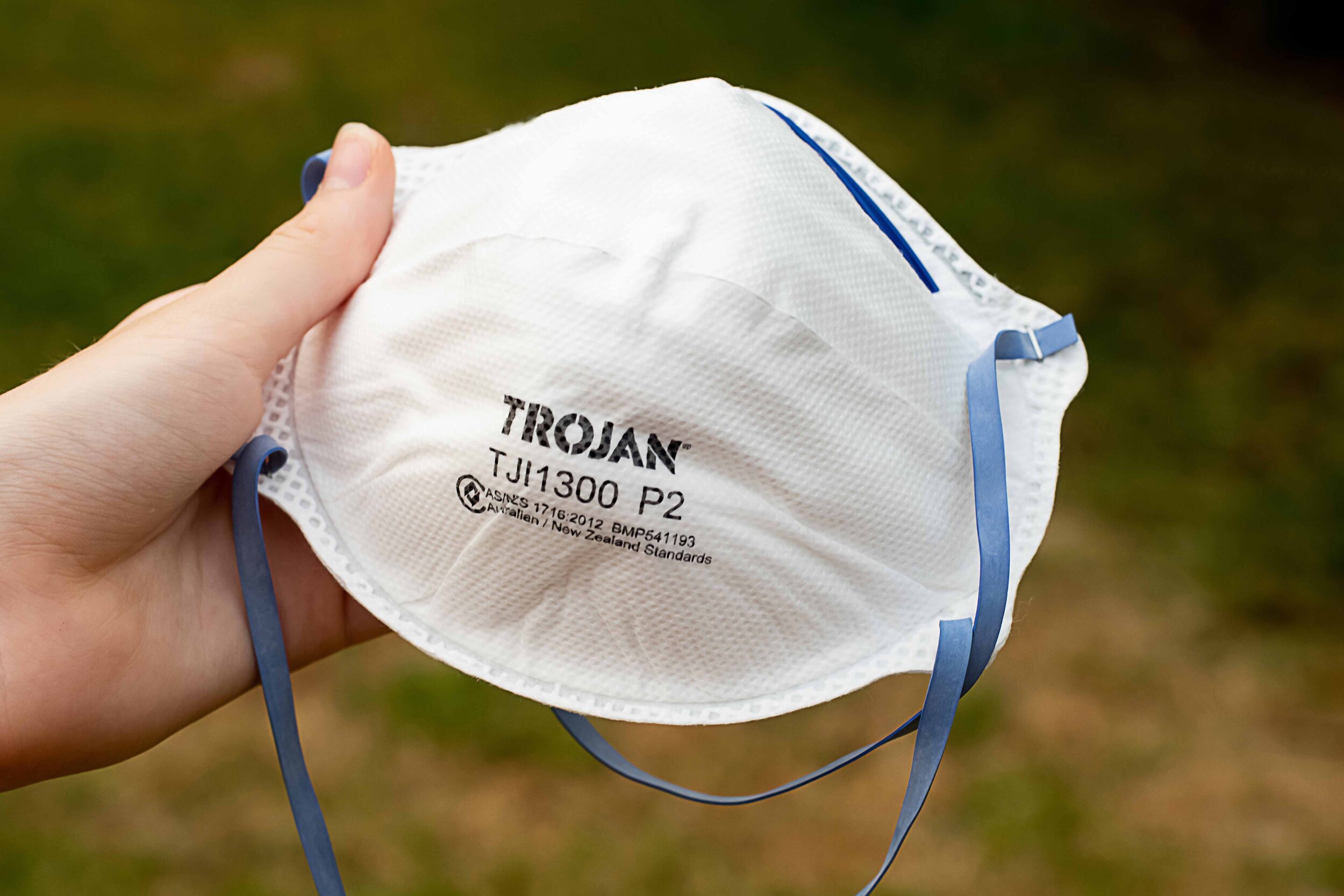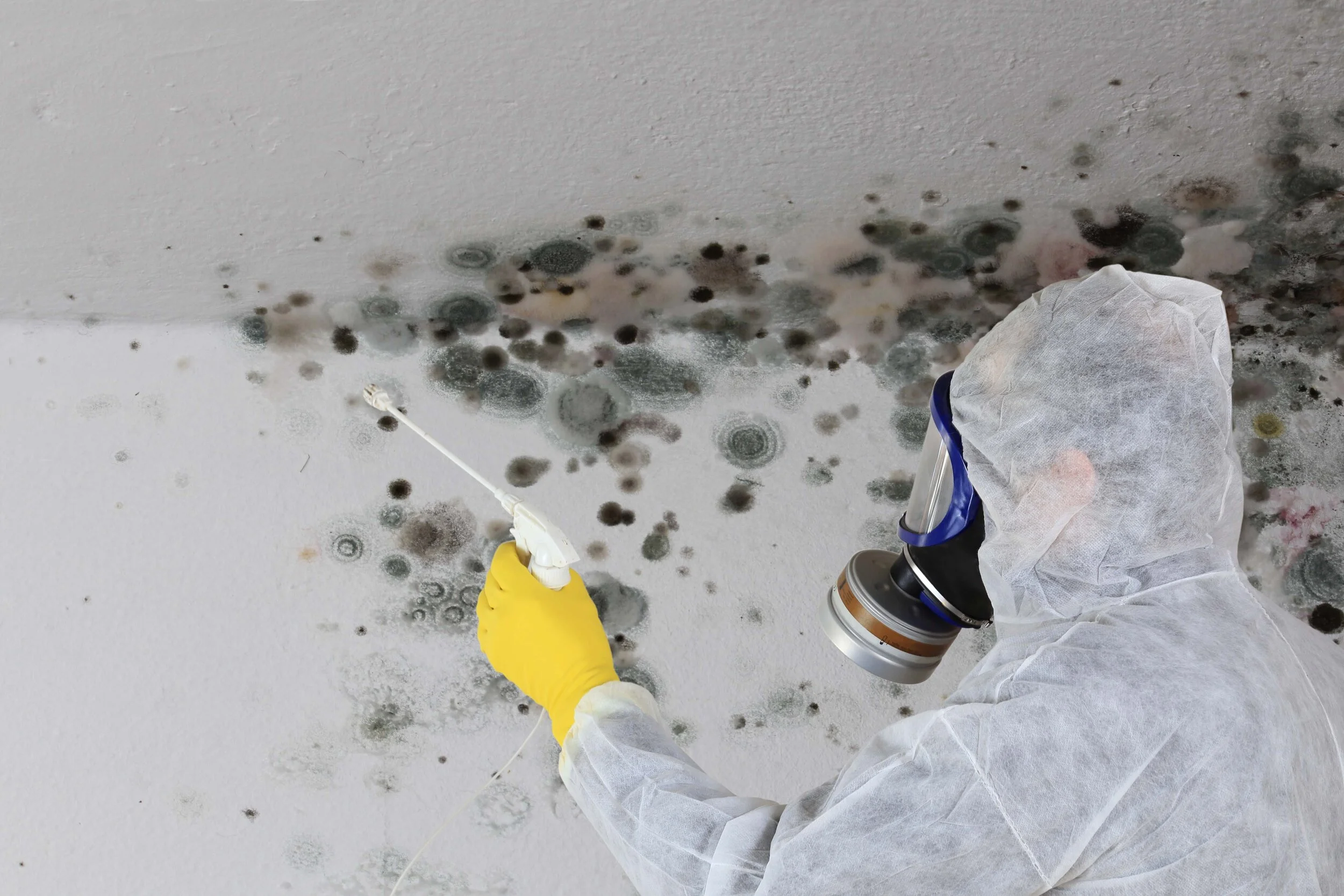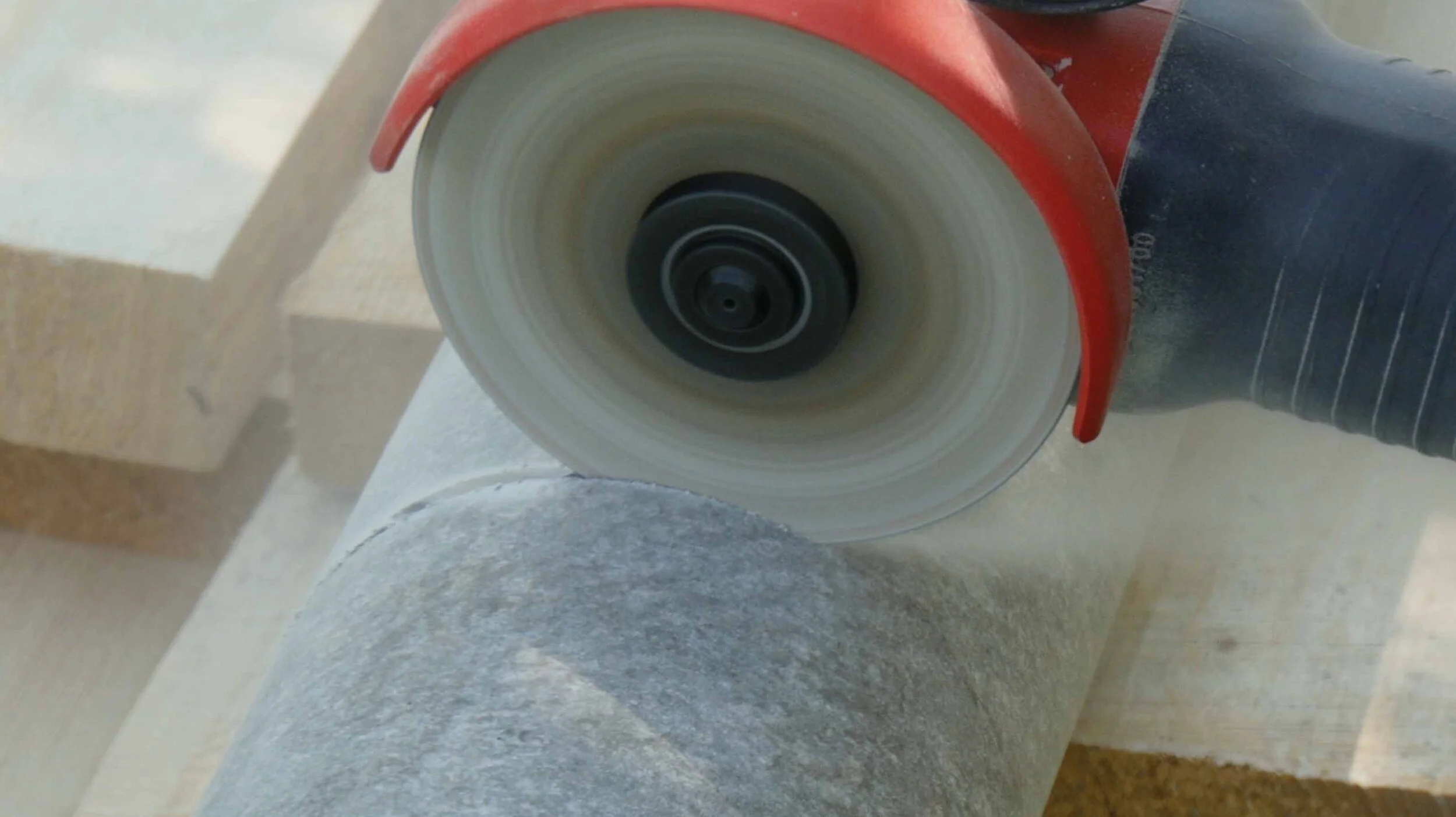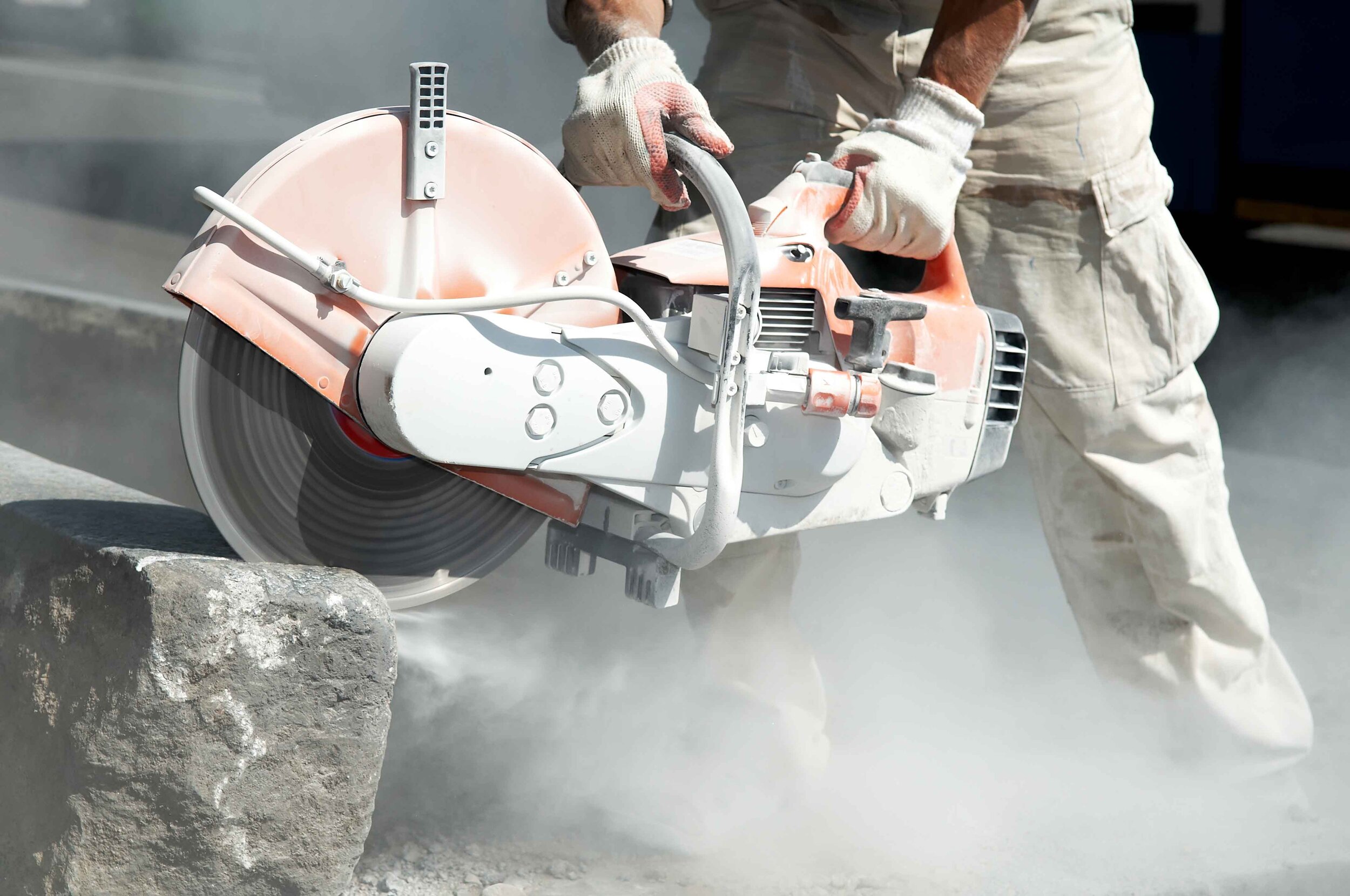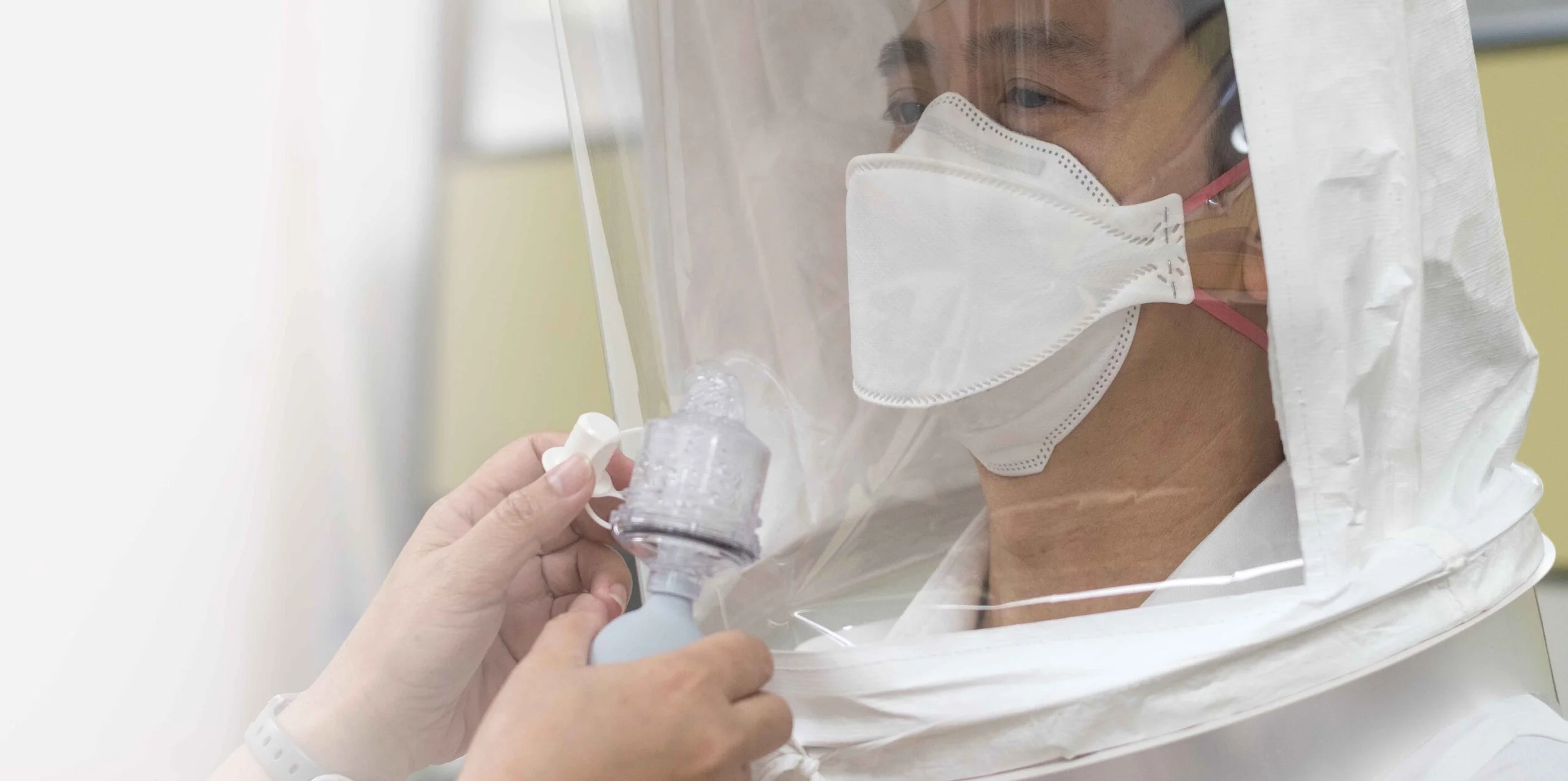
COURSES
P2 / N95
P2 or N95 disposable respirators are some of the most commonly issued Respiratory Protective Equipment (RPE). These respirators are typically used by healthcare workers for protection from diseases spread by droplet and airborne transmission.
$10 (plus GST)
Course Content
The P2/N95 disposable respirator training course is split into 6 modules and takes approximately 30 minutes to complete.
1. Employer and Employee Obligations and Requirements
2. Respirator Selection
3. Fitting the Respirator
4. Performing a Fit Check on the Respirator
5. Wearing and Removing the Respirator
6. Respirator Limitations
On successful completion of the training the participant shall receive a Certificate of Completion for the course. The certificate is QR coded for accurate participant validation. Mask Safety also securely stores participants’ completion records. This information can be made available on request to the nominated employer representative. This record provides documented evidence that respirator training has been provided to employees, as required under AS/NZS 1715:2009.
Advanced RPE
This course trains participants on how to correctly fit and wear the various types of respirators typically used in the workplace including; disposable filtering face pieces, reusable half face respirators and full-face respirators. This course is best delivered to construction and industrial workers who are required to use respirators in their workplace. To register your interest in this online course please contact Mask Safety.
$50 (inc GST)
Course Content
1. WHS Regulations
2. Hazard Identification
Gaseous Contaminants
Particulate Contaminants
Oxygen Deficient Atmospheres
3. Risk Assessment
Biological Monitoring
Air Monitoring
Control Measures
4. RPE Selection
Types of Respirators
Negative vs Positive Pressure
Filters
Fit Checking
Use & Maintenance
5. Proper Fit
Limitation
Fit Testing
Asbestos Awareness
This course provides learners practical guidance on how to manage risks associated with asbestos and asbestos containing materials.
The course is based on Safe Work Australia Model Code of Practice - How to Manage and Control Asbestos in the Workplace.
$70 (inc GST)
Course Content
3. Asbestos Risk Management
Risk Management and Asbestos
Controlling Asbestos Risks
Air Monitoring
Health Surveillance
PPE
Respirators
Disturbing Asbestos
Preparation for Maintenance
Tools
Vacuum Cleaners
Decontamination
Clearance Inspections and Monitoring
Waste Removal and Disposal
Warning Signs and Labels
Emergency Procedures
Emergency Procedures When Discovering Asbestos
Emergency Containment Measures
1. Asbestos and your Health
What is Asbestos
Health Effects
Asbestos In Vehicles
Uses and Location of Asbestos
2. Legal Obligations
General Duty of Care
Duty of Care and Asbestos
Code of Practice
Asbestos Register
Notification To Workers
Waste Removal and Disposal
Prohibition of Work
Duty To Identify
Equipment Restrictions
Duty To Train
Location of Asbestos
Asbestos Management Plan
Demolition and Refurbishment
Clearance Inspection
Asbestos Levels
Licences
Silica Safety Awareness
Silica has been a long standing health hazard which has caused a great deal of disease and death since civilisation began. The risk arises through the inhalation of dust containing crystalline silica.
In this online Silica Safety Awareness course, the participant will learn about the basics of Silica and Silica Dust encountered during construction activities.
$70 (inc GST)
Course Content
Health hazards associated with exposure to silica and respirable crystalline silica dust.
Common construction tasks that could result in exposure to silica dust.
Typical control measures that may be implemented to protect workers from exposure to silica, including: engineering controls, work practices and respirators.
First Aid Online
This course teaches the skills and knowledge required to provide a first aid response to someone who is injured or ill. It applies to all workers who may be required to provide a first aid response in a range of situations, including community and workplace settings.
This course meets all knowledge requirements for Provide First Aid (HLTAID003) however, this course is non-accredited because the practical component is not included.
$50 (inc GST)
Course Content
1. CPR & Anatomy
Chain of Survival
DRS ABCD
DRS ABCD scenarios
Respiratory System
Cardiovascular System
Anatomical differences - children
2. Bleeding and Wounds
Basic care of a wound
Bleeding Control
Internal Bleeding
Needle Stick Injuries
3. Traumatic Injuries
Fractures
Dislocations
Soft Tissue Injuries
Head Injuries
Spinal Injures
Eye and Ear Injuries
Electric Shock
Burns
Shock
Choking
Crush Injuries
Chest Injuries
Abdominal Injuries
4. Medical Conditions & Illnesses
Stroke
Asthma
Anaphylaxis
Hyperventilation
Heart Attack
Diabetes
Seizures
5. Environmental
Hyperthermia and Hypothermia
Pressure immobilisation technique
Snakes and spiders
Marine envenomation
Poisonings
Drowning
Respirator Face Fit Testing
If you need to provide fit testing to meet your duty of care obligations as an employer, Mask Safety also provides respiratory face fit testing services.
Fit testing is completed to ensure that a specific make, model & size of tight-fitting respirator achieves an adequate seal against the face of the wearer. Fit testing is an essential tool to ensure any respiratory protective equipment that is used to control exposure to an airborne hazard is sealed and working adequately. Fit testing can be undertaken through either qualitative or quantitative methods.

